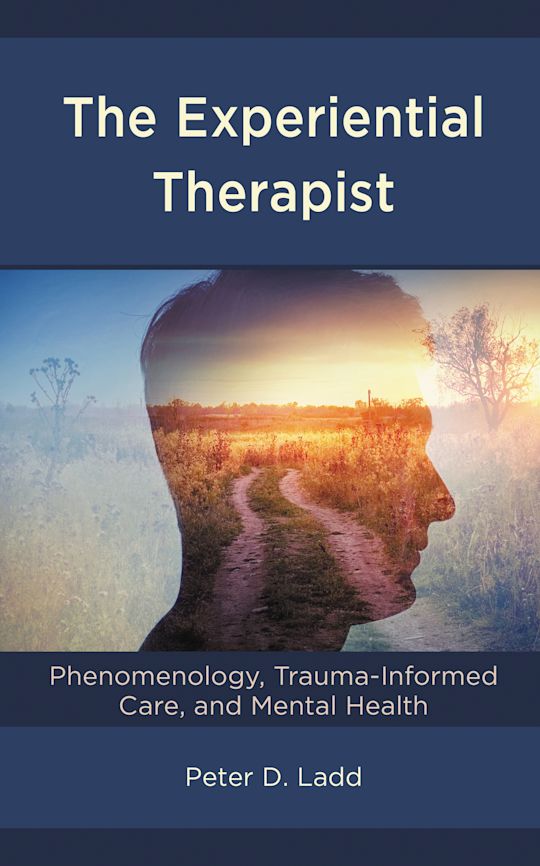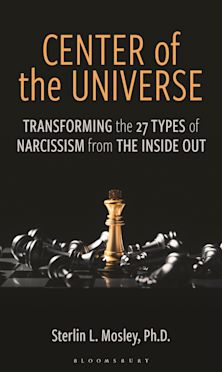- Home
- ACADEMIC
- Psychology
- Psychopathology & Clinical Psychology
- The Experiential Therapist
The Experiential Therapist
Phenomenology, Trauma-Informed Care, and Mental Health
The Experiential Therapist
Phenomenology, Trauma-Informed Care, and Mental Health
You must sign in to add this item to your wishlist. Please sign in or create an account
Description
In The Experiential Therapist: Phenomenology, Trauma-Informed Care, and Mental Health, Peter D. Ladd steps outside of the medical model to explore alternative ways of thinking about mental health disorders. Through case studies and analyses of current methods and research, Ladd stresses the importance of incorporating trauma-informed care, phenomenological insights, and empowerment methods in daily practice. By analyzing issues such as collaboration, wisdom, momentum, dialogue, and necessary suffering, Ladd highlights the importance of engaging with a patient’s mental health experience and its impact on her family and argues that successful treatment results from an informed understanding of a patient’s experience, not an ability to name and categorize difficult experiences as classical disorders.
Table of Contents
Chapter 2: A Comparison
Chapter 3: Collaborative Attitude vs Expert Attitude
Chapter 4: Wisdom vs. Knowledge
Chapter 5: Momentum vs. Procedures
Chapter 6: Patterns vs. Labels
Chapter 7: Dialogue vs. Discussion
Chapter 8: Nuances vs. Symptoms
Chapter 9: Ownership vs. Renter-Ship
Chapter 10: Flexibility vs. Order
Chapter 11: Dwelling (Attending) vs. Rumination
Chapter 12: Working Through Suffering vs. Relieving All Suffering
Chapter 13: Neuroscience and Human Experience vs. Neuroscience and the Medical Model
Chapter 14: Conclusion: The Experiential Therapist
Product details
| Published | Oct 06 2020 |
|---|---|
| Format | Ebook (PDF) |
| Edition | 1st |
| Extent | 200 |
| ISBN | 9781978773295 |
| Imprint | Lexington Books |
| Illustrations | 3 b/w photos; |
| Publisher | Bloomsbury Publishing |
About the contributors
Reviews
-
In response to the prevailing, rational medical model of therapy, Peter D. Ladd wholeheartedly calls for an experiential model which more fully appreciates each client’s individuality, complexity, personal knowledge and sense of purpose. Vividly written case illustrations illuminate and enliven a nuanced, compelling, and timely thesis. Ever mindful of the rules and restrictions faced by real-life therapists, Ladd makes practical and realistic recommendations for incorporating elements of both models into everyday practice. I hope that other professionals will read this book, adopt its recommendations, and add their voices to the author’s call for a more relational, compassionate and experiential approach to therapy!
Mark Scholl, Wake Forest University
-
The historical polarizing of experiential and medical models of thought on mental health has done a disservice to clients and service providers and weakened the mental health field. This book presents a much needed unifying perspective and practical approach to bridge the divide. This latest work from Peter D. Ladd is an important contribution to the development of a responsive and empowering mental health care system.
AnnMarie Churchill, Memorial University of Newfoundland

ONLINE RESOURCES
Bloomsbury Collections
This book is available on Bloomsbury Collections where your library has access.


































